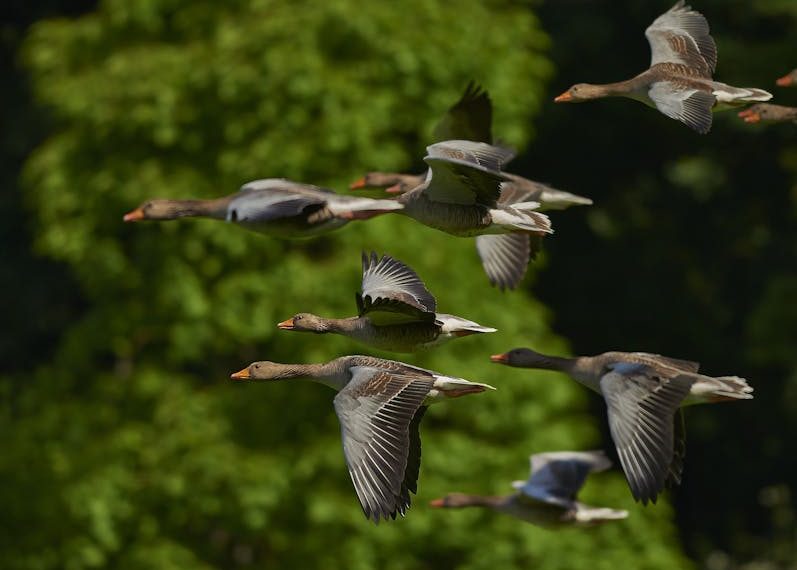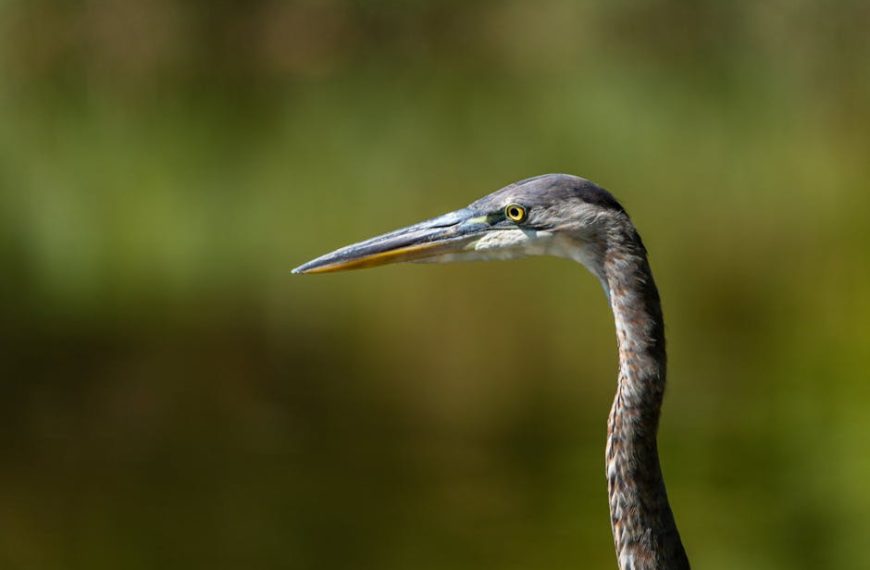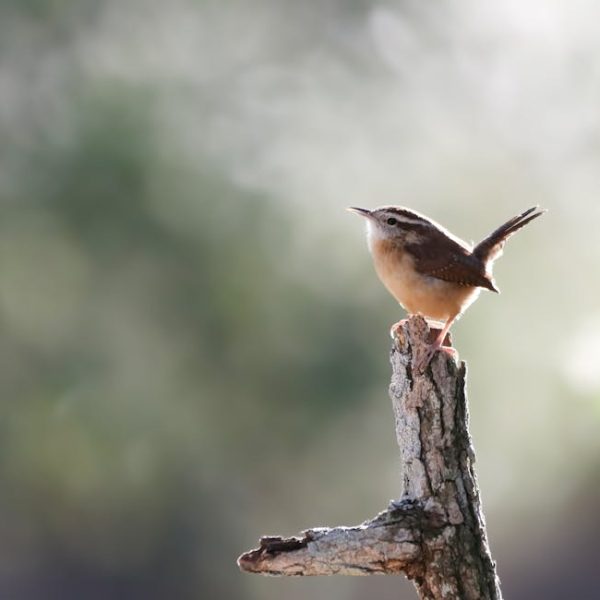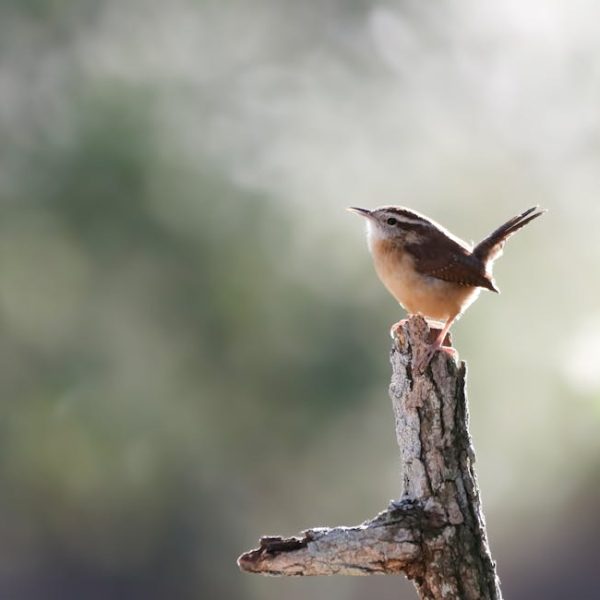Birds chirping pre-dawn or as twilight descends can be a beautiful soundtrack to life. But when the chirping carries on through the night, it interrupts sleep and peace of mind. And, it turns out; several effective methods can mute these nocturnal soundtracks. This article will walk you through practical ways you can stop birds chirping at night, from understanding their behavior to utilizing deterrents and making habitat alterations.
Understanding Why Birds Chirp at Night
Firstly, grasp why birds chirp at night. Circumstances might revolve around their biological cycles or changes in their environment. Certain bird species are known to be more active at night, especially during their mating seasons. Disturbance and stress, a location that is lit up at night, or changes in the season can also contribute to night-time chirping.
Here are some key reasons why birds might chirp at night:
- Light pollution: Residential lights, streetlights, or commercial signs near the roost can trick birds into thinking it’s still day.
- Season changes: Birds are often more vocal around the change of seasons, signalling mating intentions or marking territory.
- Predatory threat: Nighttime chirping can be a warning signal to flock members about approaching predators.
Quick Tip: Observe the bird’s behavior and surrounding environment closely. Excessive night chirping often signifies discomfort or distress.
Exploring the Use of Sound Deterrents
Sound deterrents are devices that emit noises birds find alarming or disturbing, consequently steering them away from your property. There are numerous types on the market, from ultrasonic devices to those broadcasting distress calls or predator cries. Such deterrents can play a significant role in silencing nighttime chirping, helping both you and the birds to return to natural sleeping patterns.
However, like anything else, these tools have advantages and disadvantages:
| Pros | Cons |
|---|---|
| Effective at scaring away birds | Can be disruptive to humans and pets |
| Range of options and price points | Not all birds react the same way to these deterrents |
| Environmentally friendly | May need frequent maintenance or replacement |
Best Practice: Always select a sound deterrent that is compatible with your region’s climate and local bird species. Monitor its effectiveness regularly and be prepared to adjust tactics if needed.
Trying Visual Deterrents to Disturb Birds
Visual deterrents can scare birds away, reducing nocturnal chirping. These could be objects like hawk or owl decoys, reflecting tapes, moving items like wind chimes, or even old CDs. Birds perceive these as threats, predominantly because of the unpredictable movement and reflections.
Among various visual deterrents available, here are few in comparison:
| Visual Deterrent | Efficiency | Ease of Use |
|---|---|---|
| Reflective tape or CDs | High | Easy, requires open space and wind |
| Fake predator (hawk/owl) | Moderate | Moderate, placement is key |
| Stroboscopic light | High | Easy to Medium, needs power source |
Checklist: Choose a visual deterrent according to the bird species you’re dealing with, the ease of setup, cost, effectiveness, and visual impact on your property.
Implementing Habitable Changes to Deter Birds
Changes to your living environment can also deter chirping at night. The birds that disrupt your sleep likely find your property an excellent habitat. By subtly changing your property’s environment, you can create an area less enticing to birds.
Here’s a list of habitat alterations that you can consider:
- Reducing light pollution: Remove or dim unnecessary outdoor lights.
- Creating bird-free zones: Using wired or netted covers to prevent birds from nesting in specific areas.
- Bird disfavoring décor: Tend to plants birds dislike, use rocks in garden spaces, or install steeply sloped window ledges.
Pro Tip: Aim for a balance that discourages unwanted bird activity while keeping your property visually appealing and environmentally friendly.
Professional Help and Legal Implications
Sometimes, birds’ chirping at night can be so intolerable that you need professional help. Wildlife control services use humane removal techniques and give advice on deterrent methods tailored to your area’s common bird species. While it results in more significant expenditure, you’ll gain from their expertise. However, remember to adhere to local wildlife protection laws, as several bird species are legally protected. Always seek expert advice before starting any bird control techniques.
Here are some circumstances where professional intervention could be of assistance:
- A large number of birds nesting on your property.
- Birds are causing structural damage.
- DIY deterrent methods have proven unsuccessful.
Before seeking professional help, weigh the pros and cons:
| Pros | Cons |
|---|---|
| Efficient and effective | Expensive |
| Considers wildlife laws | Might entail recurring visits |
| Adapts techniques for various species | May not guarantee long-term results |
At the end of the day, birds chirping can be a charming aspect of nature. However, when it jeopardizes your sleep, it’s a problem. With a blend of understanding, deterrent methods, habitat alterations, and professional advice when necessary, you can return peace to your nights. Always bear in mind to balance effectiveness with care for the eco-system. After all, we all share the habitat with these feathered friends. Sweet dreams and quieter nights!
Key Takeaway:
- Birds chirping at night could be due to their natural biological cycles, exposure to light pollution, seasonal changes, or a warning sign against predators.
- Sound deterrents effectively repel birds but they may also disrupt human activities and require frequent servicing. Choosing a fitting sound deterrent based on the local climate and bird species is crucial.
- Visual deterrents like reflecting tapes, fake predators, or strobe lights fool birds into sensing danger. The choice of deterrent should consider its cost, ease of setup, and compatibility with the bird species and property aesthetics.
- Subtle habitable changes like reducing light, creating bird-free zones, or adjusting the home décor can disinterest birds to roost nearby.
- Professional help proves beneficial in the case of severe bird disturbances but can be expensive. Ensuring adherence to local wildlife protection laws while attempting to deter birds is fundamental.
Your sleep and peace are important while respect for our feathered pals is equally crucial. Try to find a harmonious solution that takes into account the wellbeing of birds and your sleep quality. Each situation is unique, so customizing your approach by blending deterrents, habitable changes and understanding bird behavior should assist in deterring unwanted bird chirping at night effectively.
FAQs
Q: Can nighttime chirping signify that the bird is in distress?
A: Yes, excessive nighttime chirping often indicates a bird may be in distress, due to factors such as environmental disturbance or the presence of predators.
Q: Can sound deterrents influence pets or other wildlife?
A: Some sound deterrents could potentially disrupt pets or other wildlife in the vicinity. It’s advisable to consider this possibility before choosing a sound deterrent.
Q: How effective are visual deterrents during night time?
A: Visual deterrents could be less effective at night. However, ones that incorporate movement or light reflection, like strobe lights or reflective tapes, can still deter birds effectively.
Q: Are there any plants that deter birds?
A: Yes, some plants may deter birds due to their aroma, taste or texture. Consider integrating such plants into your garden or home area to naturally discourage birds.
Q: What are the possible legal implications of discouraging birds?
A: It’s essential to be aware of your local wildlife protection laws. Some bird species are legally protected and intentionally disturbing or harming them could lead to penalties.
Feel free to share this article with others who may be grappling with the same issue and explore other engaging posts on our website for more informative reads!












